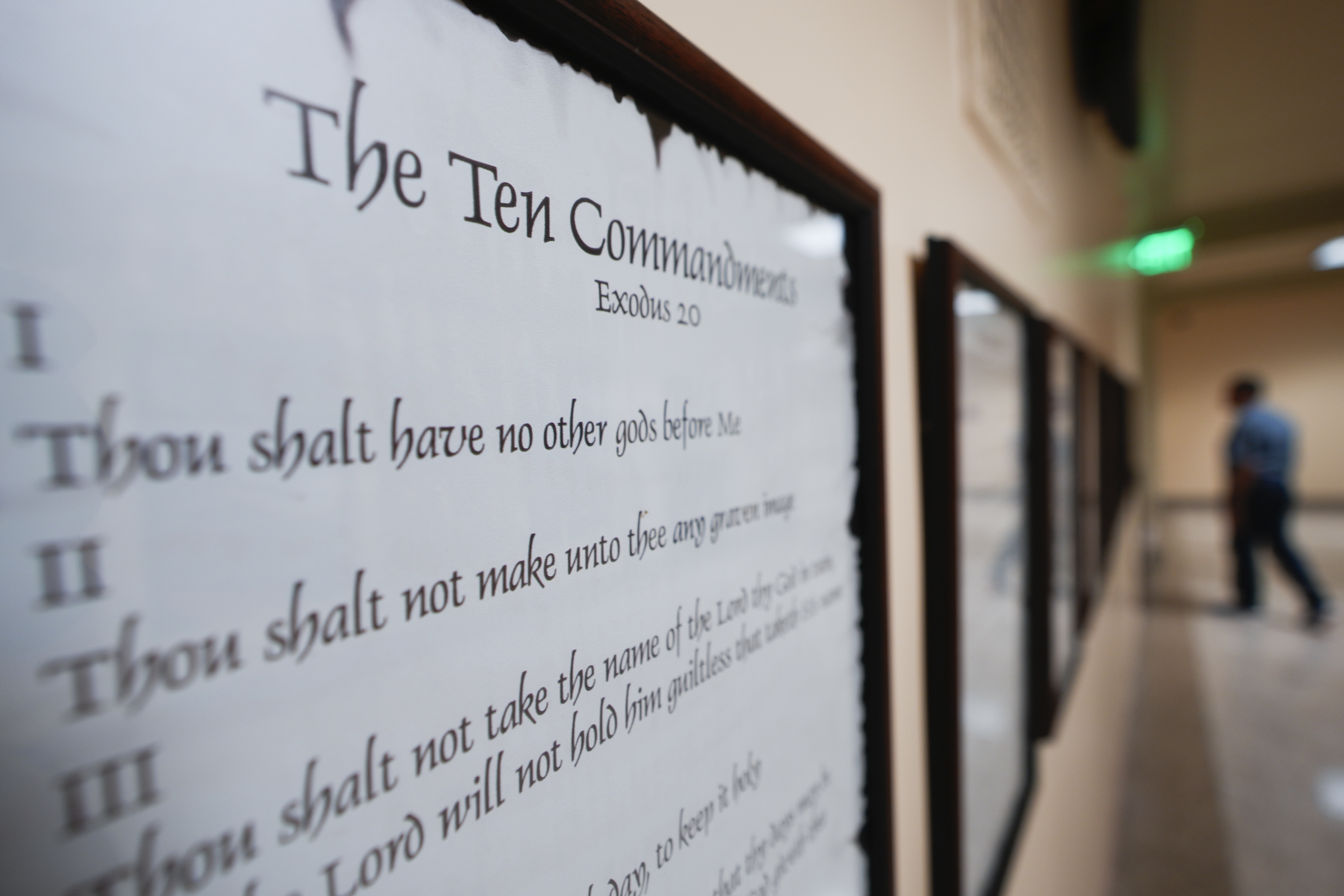
The Supreme Court will issue the final opinions of its terms on Monday.
Chief Justice John Roberts made the courtroom announcement on Friday. Four cases remain to be decided, including whether former President Trump has immunity from prosecution.
STAY IN THE KNOW
Watch NBC10 Boston news for free, 24/7, wherever you are. |
|
Get Boston local news, weather forecasts, lifestyle and entertainment stories to your inbox. Sign up for NBC Boston’s newsletters. |
The case stems from Trump’s attempts to have charges against him dismissed. Lower courts have found he cannot claim immunity for actions that, prosecutors say, illegally sought to interfere with the election results.
The presumptive Republican presidential nominee has been charged in federal court in Washington with conspiring to overturn the 2020 election, one of three criminal cases he is still facing. Earlier this month, Trump was convicted in New York of 34 counts of falsifying business records arising from what prosecutors said was an attempt to cover up a hush money payment to porn actor Stormy Daniels just before the 2016 presidential election.
During oral arguments earlier this year, a majority of the justices did not appear to embrace the claim of absolute immunity that would stop special counsel Jack Smith’s prosecution of Trump on charges he conspired to overturn his 2020 election loss to Democrat Joe Biden. However, several of the conservative justices indicated they could limit when former presidents might be prosecuted, suggesting that the case could be sent back to lower courts before any trial could begin.
Trump's lawyer D. John Sauer argued that former presidents are entitled to absolute immunity for their official acts. Otherwise, he said, politically motivated prosecutions of former occupants of the Oval Office would become routine and presidents couldn’t function as the commander in chief if they had to worry about criminal charges.
Lower courts have rejected those arguments, including a unanimous three-judge panel on an appeals court in Washington, D.C.
U.S. & World
Several justices drilled down on trying to come up with a definition of what constituted an official act, and whether charges based on one should be thrown out.
Justice Elena Kagan at one point wondered whether a former president could escape prosecution even if he ordered a coup or sold nuclear secrets. Sauer said prosecutions might not be allowed if those were determined to be official acts.
Chief Justice John Roberts conjured up a president being indicted for receiving a bribe in exchange for an ambassadorial appointment. How could the indictment go forward if prosecutors had to remove the official act, the appointment? “That’s like a one-legged stool, right?” Roberts asked.
Smith’s team says the men who wrote the Constitution never intended for presidents to be above the law and that, in any event, the acts Trump is charged with — including participating in a scheme to enlist fake electors in battleground states won by Biden — aren’t in any way part of a president’s official duties.
Nearly four years ago, all nine justices rejected Trump’s claim of absolute immunity from a district attorney’s subpoena for his financial records. That case played out during Trump’s presidency and involved a criminal investigation, but no charges.
Among the controversies surrounding the case is the presence of Justice Clarence Thomas who has ignored calls to step aside from the case because his wife, Ginni Thomas, urged the reversal of the 2020 election results and then attended the rally that preceded the Capitol riot.



